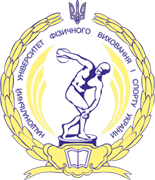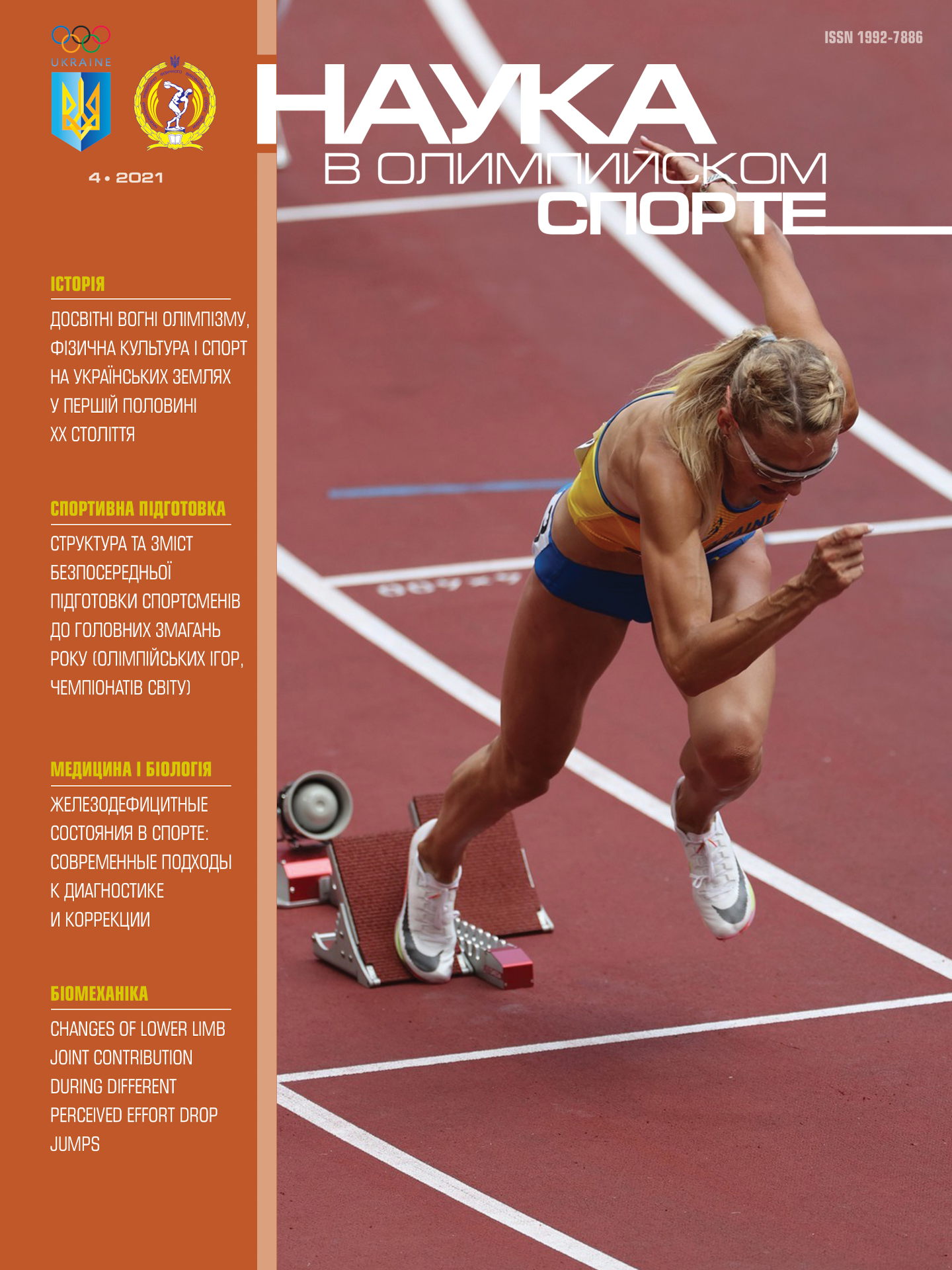Abstract:
Theoretical and methodological background for sports selection and orientation in modern elite sports Vladimir Platonov The article dwells on theoretical and methodological foundations for the identifi cation and development of sports talents, i.e. searching for promising personalities capable of achieving high results in sports, incorporating them into an eff ective system of long-term training and appropriate orientation of their training based on individual potential, abilities, and inclinations. It shows that sports selection and orientation are permanent processes closely related to tasks and contents of each stage of long-term preparation. The article reveals organizational and content-related peculiarities of sports selection exemplifi ed by the achievements of modern science and successful practices inherent to sports of the former USSR and the GDR and modern sports of the USA, China, Germany, and Australia, i.e. the countries where this issue has been and is being given the highest priority. A set of criteria were analysed in detail, which are used in the selection and orientation process, including indicators that allow assessing the health of athletes, peculiarities of their body types, their age and sexual development, capabilities of various energy supply systems, their ability to master sports techniques and develop motor qualities, their mental peculiarities, and others. Much attention was paid to the genetic aspects of sports selection and orientation along with the importance of athletes' body types for achieving high sports results. The relationships were shown between the selection criteria, their tasks, and the contents of each stage of long-term preparation, which is of fundamental importance for an objective assessment of an athlete's potential and rational orientation of the subsequent preparation. The potential and inclinations of athletes in relation to the specifi cs of various sports can be identifi ed towards the end of the puberty period with a reasonable certainty. Depending on their predisposition to achievements in diff erent events, young athletes can be divided into 5 groups: sprinters, mixed type with a predisposition to sprint work, mixed type with mixed abilities, mixed type with a predisposition to long-distance or long-term work, and long-distance performers.













